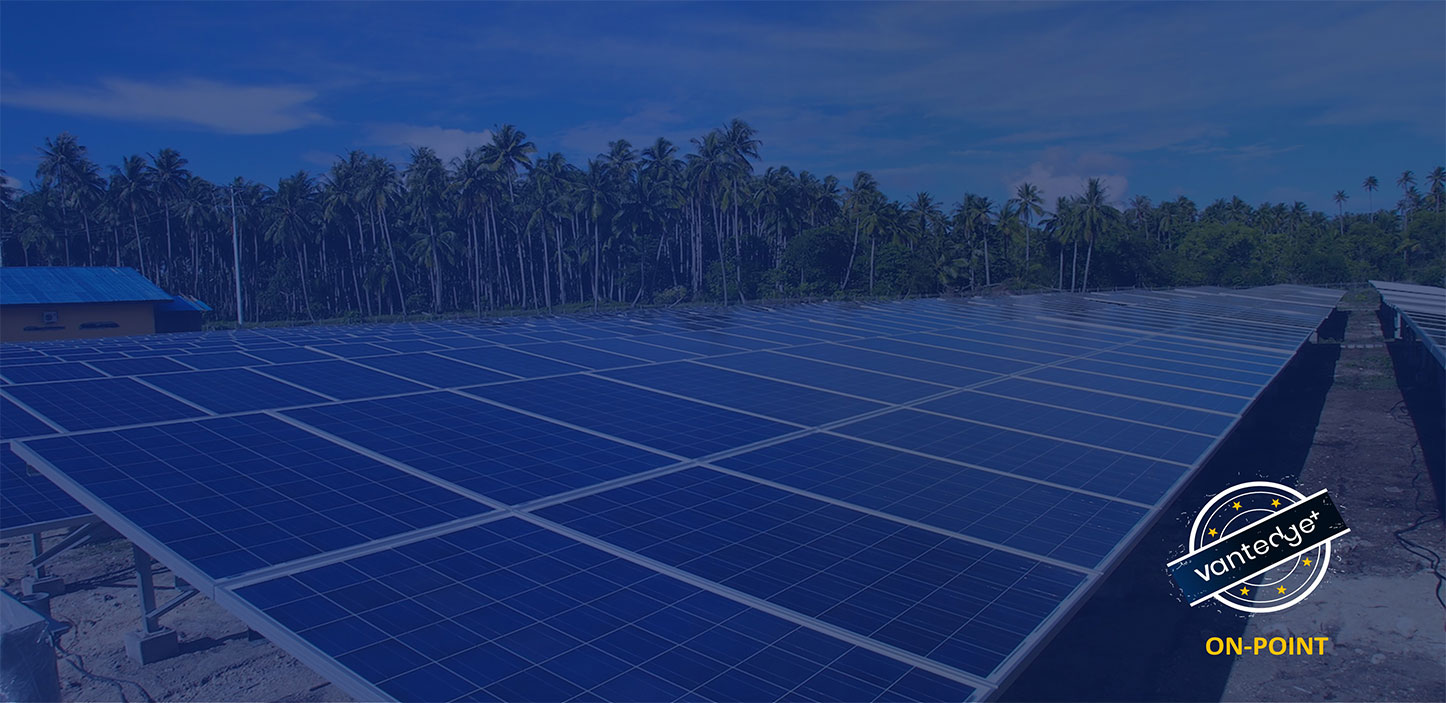Drivers of cost competitiveness of hydrogen in India
For countries with excellent renewable resources, international trade in hydrogen can provide an opportunity to export renewable resources that otherwise may not be exploited
With the transition to sustainable energy systems boosting demand for hydrogen and hydrogen-based fuels, international trade in hydrogen will be an important part of the hydrogen supply chain. Countries that have limited domestic capabilities to produce low carbon hydrogen from renewables, nuclear energy or fossil fuels with CCUS – or that find these processes too expensive – can benefit from importing more affordable low-carbon hydrogen. For countries with excellent renewable resources, international trade in hydrogen can provide an opportunity to export renewable resources that otherwise may not be exploited. Similarly, gas- or coal producing countries could join the market by exporting hydrogen produced from fossil fuels with CCUS. In the Net zero Emissions Scenario, international trade in hydrogen and hydrogen-based fuels covers ~15% of global demand for these fuels in 2030.
Transporting energy over long distances is typically easier in the form of molecules (i.e. liquid, gaseous or synthetic fuels) than as electricity because fuels are characterised by high (volumetric) energy densities and lower transport losses. Most natural gas is moved worldwide in large-scale pipelines or as LNG via ships, and similar methods could be employed for hydrogen and hydrogen carriers. Hydrogen can also be transported in storage tanks by trucks, which is currently the main option to distribute it at the local level, but it is generally very expensive. For longer distances, pipelines and seaborne transportation are more economical, with the best option dependent on distance and volume (among other factors). At present, hydrogen is generally stored as a compressed gas or in liquefied form in tanks for small-scale local use. However, a much wider variety of storage operations will be required to achieve uninterrupted international hydrogen trading. At import terminals, hydrogen storage is likely necessary as a contingency measure in case of supply disruptions, similar to the approach for LNG.
Most hydrogen trade projects under development are in Asia –Pacific

Australia, Chile , the Middle East & North Africa likely to emerge as key exporting regions
As per the pledged global scenario for hydrogen by the countries, by 2050 trade in hydrogen and hydrogen-based fuels accounts for 20% of global demand, with 8% of hydrogen demand being traded, 50% of ammonia and 40% of liquid synfuels. This reflects the comparatively lower transport costs of ammonia and synfuels. While several countries (example, China and the United States) manage to cover growing demand for low-carbon hydrogen and hydrogen-based fuels domestically, others (example, Japan, Korea and parts of Europe) rely on imports, at least in part. By 2050 in the Announced Pledges Scenario, Japan and Korea are importing each around 60% of their domestic demand for hydrogen and hydrogen-based fuels.
Australia, Chile, Middle East and North Africa is likely to emerge as key exporting regions benefitting from the low cost of producing hydrogen from renewables. Given the aggressive renewable generation targets of 450 GW by 2030, India can also be a potential contributor to global hydrogen exports.

Australia, Chile , the Middle East & North Africa likely to emerge as key exporting regions

More from the reports
- Evaluating cost competitiveness of hydrogen production in India
- What would be the key drivers of cost competitiveness in India?
- Hydrogen production break-even costs by end use application globally & anticipated cost built up in India
- Hydrogen distribution of global supply chains w.r.t key demand centers
- Evaluating the utility of hydrogen refueling stations in reducing cost of hydrogen
- Analyzing shipping cost of hydrogen as per end use application and distinct terrains







